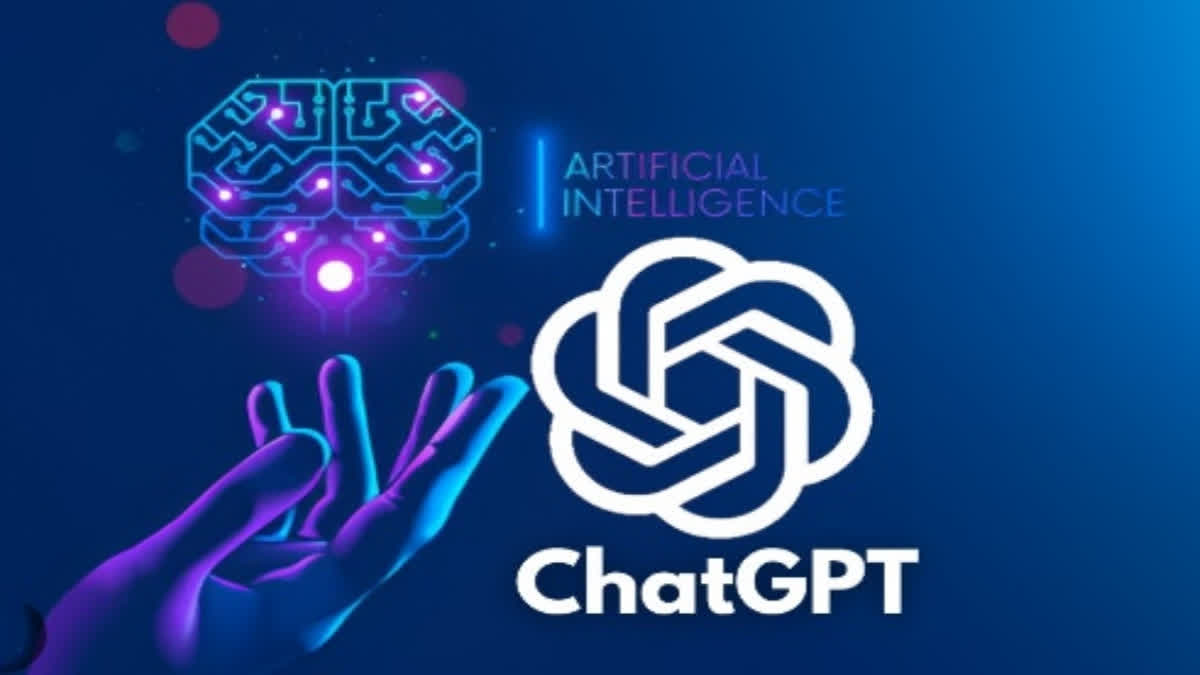Basel: We expect medical professionals to give us reliable information about ourselves and potential treatments so that we can make informed decisions about which (if any) medicine or other intervention we need.
If your doctor instead bullshits you (yes this term has been used in academic publications to refer to persuasion without regard for truth, and not as a swear word) under the deception of authoritative medical advice, the decisions you make could be based on faulty evidence and may result in harm or even death.
Bullshitting is distinct from lying liars do care about the truth and actively try to conceal it. Indeed bullshitting can be more dangerous than an outright lie. Fortunately, of course, doctors don't tend to bullshit and if they did there would be, one hopes, consequences through ethics bodies or the law. But what if the misleading medical advice didn't come from a doctor?
By now, most people have heard of ChatGPT, a very powerful chatbot. A chatbot is an algorithm-powered interface that can mimic human interaction. The use of chatbots is becoming increasingly widespread, including for medical advice.
In a recent paper, we looked at ethical perspectives on the use of chatbots for medical advice. Now, while ChatGPT, or similar platforms, might be useful and reliable for finding out the best places to see in Dakar, to learn about wildlife, or to get quick potted summaries of other topics of interest, putting your health in its hands may be playing Russian roulette: you might get lucky, but you might not.
This is because chatbots like ChatGPT try to persuade you without regard for truth. Its rhetoric is so persuasive that gaps in logic and facts are obscured. This, in effect, means that ChatGPT includes the generation of bullshit.
The gaps
The issue is that ChatGPT is not really artificial intelligence in the sense of actually recognising what you're asking, thinking about it, checking the available evidence, and giving a justified response. Rather, it looks at the words you're providing, predicts a response that will sound plausible and provides that response.
This is somewhat similar to the predictive text function you may have used on mobile phones, but much more powerful. Indeed, it can provide very persuasive bullshit: often accurate, but sometimes not. That's fine if you get bad advice about a restaurant, but it's very bad indeed if you're assured that your odd-looking mole is not cancerous when it is.
Another way of looking at this is from the perspective of logic and rhetoric. We want our medical advice to be scientific and logical, proceeding from the evidence to personalised recommendations regarding our health. In contrast, ChatGPT wants to sound persuasive even if it's talking bullshit.
Also read:Human Knowledge powers ChatGPT and similar AI systems: Expert
